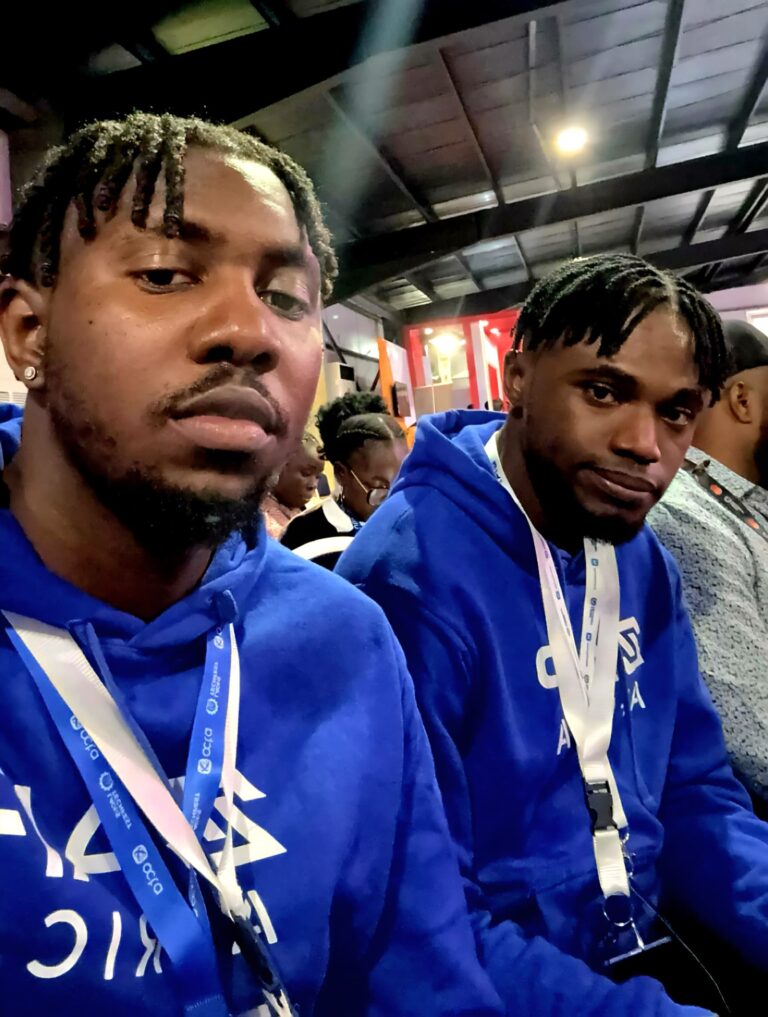Zap, Nigeria’s first non-custodial crypto exchange, is the brainchild of childhood friends Tobiloba Asu-Johnson and Moore Dagogo-Hart. Despite market downturns and regulatory uncertainty, they built a platform centered on financial autonomy, securing early funding and gaining user trust. Now, Zap is poised for global expansion.
A Friendship Turned Vision
Zap didn’t begin as a business idea—it started as a friendship. Tobi and Moore met at the age of nine and, despite attending different universities, shared a deep passion for tech and finance. Their university years immersed them in cryptocurrency, but unlike most traders who relied on custodial exchanges, they leaned toward decentralized finance (DeFi). They recognized the potential of non-custodial exchanges early on and stored their assets accordingly.
Then came a wake-up call.
The year was 2022. Crypto platforms like Patricia, FTX, and Celsius collapsed one after another. Bitcoin plummeted to $20,000, and trust in Nigerian crypto platforms hit an all-time low. Many saw their life savings wiped out overnight.
The fundamental problem? Users lacked real control over their assets.
Tobi and Moore knew there was a better way. They envisioned a platform where users wouldn’t have to rely on a central entity to hold their funds—a platform where financial security and autonomy were paramount. That vision gave birth to Zap.
Building Zap Against the Odds
Starting a company is never easy, but launching a crypto exchange in the middle of a bear market, especially in a country with unclear regulations, was an even greater challenge.
One major obstacle was the lack of a clear regulatory framework for digital assets in Nigeria. This made Zap’s early acquisition of its EU Virtual Asset Service Provider (VASP) license a significant milestone.
Funding was another hurdle. Many startups struggle for years to raise capital, but Zap’s pre-seed round closed at a $4 million valuation. In its first year alone, the company secured $300,000, allowing it to scale rapidly.
Collaborating with banks proved to be another challenge. Many financial institutions remain wary of cryptocurrency and are hesitant to support crypto exchanges. Even in countries with clearer regulations, banks often impose restrictions that complicate seamless transactions.
Finding the right team was perhaps the toughest challenge. Hiring skilled individuals is one thing, but finding people with the right mindset is another. The founders didn’t just seek talent; they built a team that could lead and grow together. That solid foundation continues to drive Zap’s success today.
And then, there was the issue of trust. After so many failed crypto platforms, why should users believe in Zap? The answer: consistency. As Zap persisted and delivered on its promises, user trust grew. Over the past year, the platform has experienced increased user adoption, larger transaction volumes, and stronger confidence in its services.
The Future of Zap
Now, Zap is preparing for its most groundbreaking innovation yet: a non-custodial wallet. This will give users full control over their crypto assets—no third-party access, no restrictions, just financial freedom.
The wallet will offer Zap’s signature fast swaps but will also introduce international payments, enabling seamless cross-border transactions in any currency. This is an innovation rarely seen at scale in Africa.
Another major feature in development is spending. Payments remain a challenge in Nigeria, and Zap sees crypto as the solution. The platform is working on a virtual card that will allow users to spend their crypto effortlessly.
But this is only the beginning. Zap envisions an ecosystem where users can access a full suite of financial services powered by crypto.
Long-term, Zap’s vision extends beyond Nigeria. It aims to be the go-to crypto platform for Africans, expanding into Canada, the US, Europe, and the UK.
Zap is redefining financial independence in Africa, ensuring that people are no longer at the mercy of failing platforms and broken systems. At the heart of it all are two childhood friends who refused to let obstacles stand in their way.

